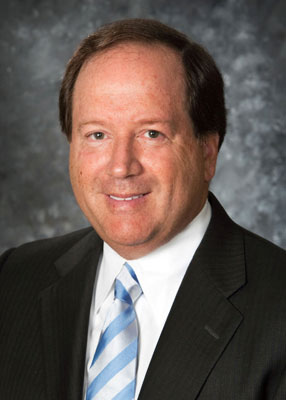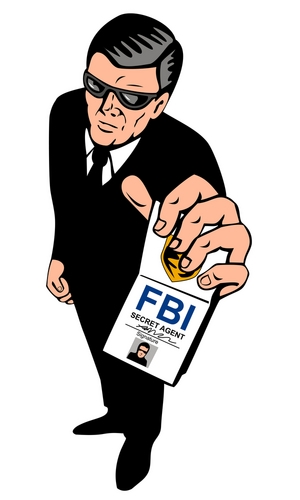By Thomas G. Wilkinson, Jr. and Lindsey E. Wilkinson 
Just as lawyers now routinely conduct due diligence on opposing parties’ social media pages (see our July 20 Sidebar post), some lawyers also are monitoring postings by jurors on social media sites. In a recent ethics opinion issued by the New York County Lawyers’ Association Committee on Professional Ethics (No. 743, 5/18/11), the committee concluded that an attorney may review jurors’ postings on publicly available social networking sites during trial. But they must not “friend” or “tweet” jurors, subscribe to their Twitter accounts, or otherwise contact them, either directly or through others.
Lawyers also may not make misstatements or engage in deceit when they are conducting juror research. In New York, an attorney who learns of juror misconduct as a result of mining the Internet has a duty to immediately alert the court without trying to take advantage of the information. Under New York Rule of Professional Conduct 3.5 (not to be confused with the Model Rule), there is a requirement that lawyers expressly advise the court of improper conduct by or towards a juror. For example, if a lawyer learns that a juror is ignoring the court’s instructions that prohibit conducting independent research on the case or counsel, then the lawyer must promptly comply with Rule 3.5(d) and bring such information to the attention of the court.
In Philadelphia, a juror in the trial of former state senator Vince Fumo tweeted during jury deliberations about the jury’s impending “big announcement,” handing defense counsel a convenient appeal issue. In a recent South Dakota case, a jury verdict was set aside after a juror performed his own Internet research, which he shared with fellow jurors. A mistrial had to be declared in Florida after a juror in a major federal drug trial admitted he had researched the Internet for details about the case. This juror was not alone; eight other jurors admitted to the same misconduct. After weeks of trial testimony, the judge had no choice but to declare a mistrial.




 Thomas G. Wilkinson, Jr. is a member of Cozen O’Connor’s Commercial Litigation Practice Group and heads the firm’s alternative dispute resolution practice. He concentrates his practice in business litigation, business torts, complex insurance coverage, and professional responsibility matters.
Thomas G. Wilkinson, Jr. is a member of Cozen O’Connor’s Commercial Litigation Practice Group and heads the firm’s alternative dispute resolution practice. He concentrates his practice in business litigation, business torts, complex insurance coverage, and professional responsibility matters.


 at U.S. Customs smoking a Cuban cigar, carrying a counterfeit Louis Vuitton purse and wearing a rhinoceros horn around your neck. These are obvious examples of contraband. Although cash has always been the preferred method of payment for income-tax purposes for many waitresses, self-employed consultants, construction workers and taxi drivers. Now with the capability to complete transactions through smart phones, there is a chance that cash will become obsolete.
at U.S. Customs smoking a Cuban cigar, carrying a counterfeit Louis Vuitton purse and wearing a rhinoceros horn around your neck. These are obvious examples of contraband. Although cash has always been the preferred method of payment for income-tax purposes for many waitresses, self-employed consultants, construction workers and taxi drivers. Now with the capability to complete transactions through smart phones, there is a chance that cash will become obsolete. 



 There are many ways by which the Government, federal or state, can appear at a company’s doorstep. The most disruptive and unnerving is when government agents show up in the company’s lobby to serve and execute a search warrant. Is your company prepared?
There are many ways by which the Government, federal or state, can appear at a company’s doorstep. The most disruptive and unnerving is when government agents show up in the company’s lobby to serve and execute a search warrant. Is your company prepared?  We all sat transfixed last week as Will and Kate finally tied the knot. The pageantry and revelry accompanying their wedding was a fairy tale brought to life. But, what went on between the couple in those weeks leading up to the big event?
We all sat transfixed last week as Will and Kate finally tied the knot. The pageantry and revelry accompanying their wedding was a fairy tale brought to life. But, what went on between the couple in those weeks leading up to the big event? 

